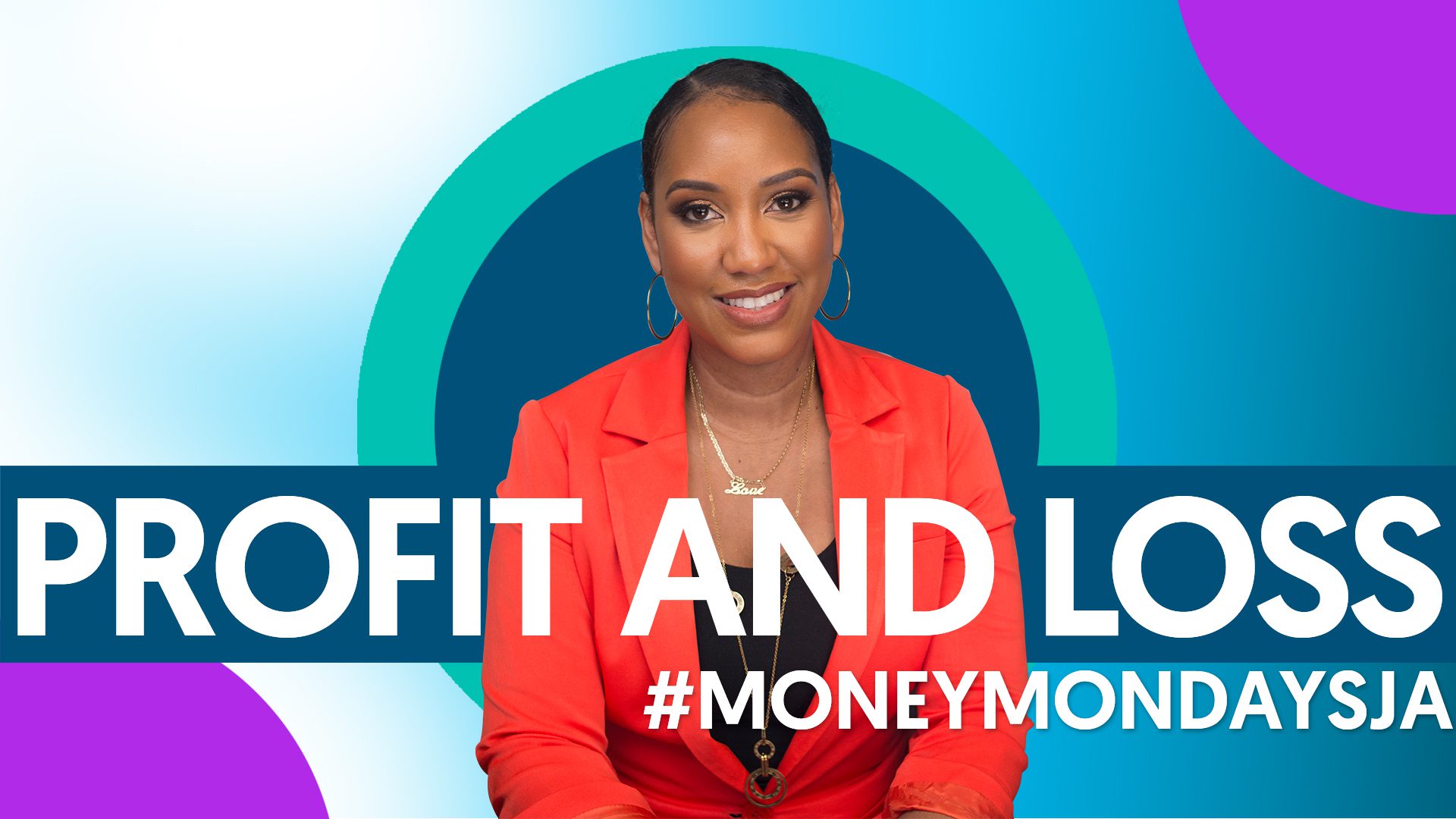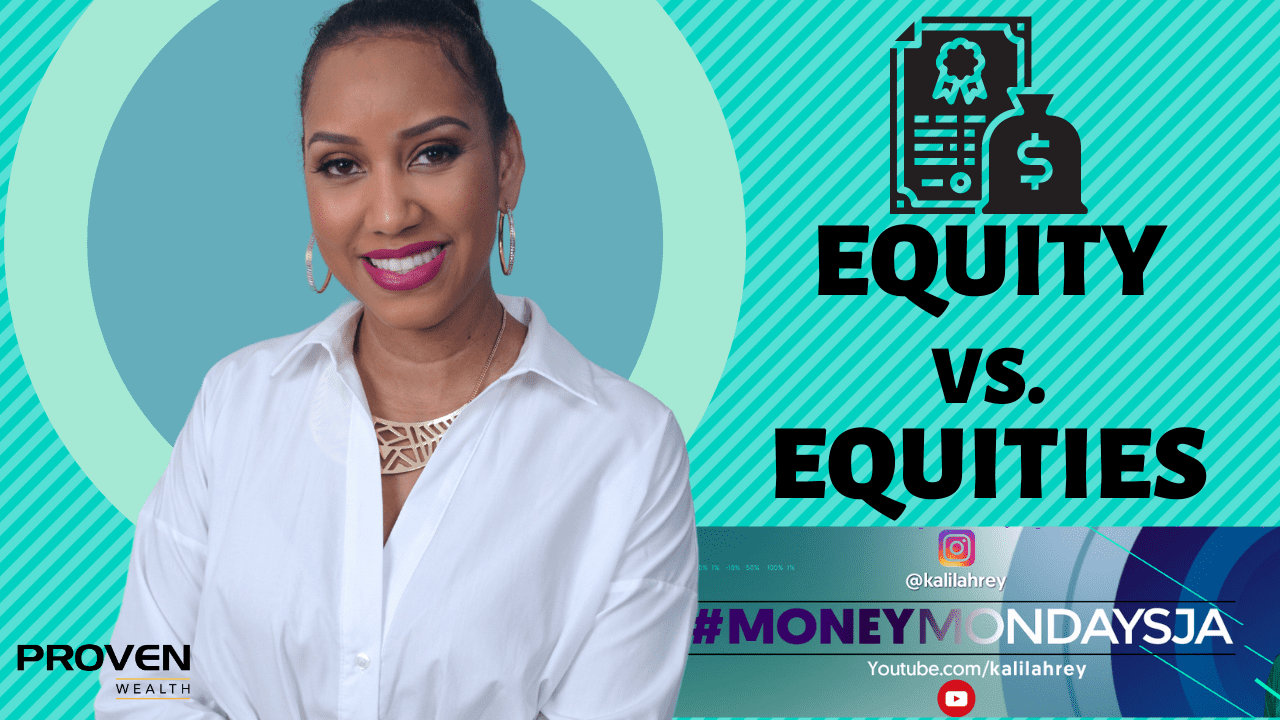Eppley wants to raise $1.2 billion dollars (US$8 million) to refinance its debt. so they’re selling 60 million new preference shares in the company. We’re going through the prospectus so you can decide if this is a good investment for you and your money.
Money Mondays
Eppley Prospectus Review
Jodi-kay Williams
Eppley wants to raise $1.2 billion dollars (US$8 million) to refinance its debt. so they’re selling 60 million new preference shares in the company. We’re going through the prospectus so you can decide if this is a good investment for you and your money.
All the new shares are priced at J$20. There’s a minimum purchase of 200 shares, so for J$4,000 (US$26) you could buy some of these shares; however, you have to buy in increments of 100. The offer opened on Monday, July 12 and is scheduled to close on July 26 at 4 pm.
There are three categories of new preference shares – Class A, B and C. The difference between the classes of shares has to do with the dividend payout rate. The Class A preference shares offer 5% per year until 2023. The Class B shares offer 7.25% per year until 2026, and the Class C shares offer 7.75% a year until 2028. Dividends are to be paid quarterly, on the last business day of each quarter.
The company has also included an option to sell more Class B and C shares if they get good take up. This is called upsizing. The company said there is the possibility to upsize to a combination of 12.5 million Class B and C shares.
Use of proceeds
Eppley said it intends to use the funds mostly to refinance debt and to pay the expenses of the invitation, which the Eppley’s Directors believe will not pass $35 million. Eppley wants to refinance its debt because there are much lower interest rates available right now than a few years ago. For example, if you borrowed money for a car or a house five years ago, you likely are paying a higher interest rate than you would if you took out a loan today. You can actually approach your bank and seek to refinance that debt, or move your loan to another bank that’s offering a better rate.
What are preference shares?
Preference shares, sometimes referred to as preferred stock, are shares in a company with dividends that are paid out to shareholders before common stock dividends are issued. Simply put, shareholders with preference shares will receive ‘preference’ when it comes time to receive dividends.
Preference shares are different from ordinary shares, in that they have a fixed dividend. With ordinary shares, the dividend can fluctuate depending on how profitable the company was, or how much of the profits they decide to share out. One of the benefits of preference shares – you always know what you’re gonna get and when. One of the downsides though, is that shareholders typically do not hold any voting rights, while ordinary shareholders do.
It’s also important to note that Eppley’s preference share offer is not considered an Additional Public Offering or APO, despite them offering new shares to the public.
Companies who choose to raise money through APOs do so by offering new ordinary shares, which as we mentioned are different from preference shares.
Company History
Eppley was founded in 1973 as Orrett and Musson Investment Company Limited, a wholly-owned subsidiary of General Accident Insurance Company (Jamaica) Limited.
In the prospectus, Eppley describes itself as an investment company that operates on the principle that addressing inefficiencies in Caribbean financial markets produces attractive returns with low risk.
In 2011, the company was sold to Musson Investments. In 2013, it was rebranded as Eppley Limited. That same year, Eppley was listed on the junior market of the Jamaica Stock Exchange. In 2016, Musson sold basically all of its investment in Eppley, and the company ceased to be a subsidiary and affiliate of Musson. In 2018, Eppley graduated to the main market of the JSE.
How Eppley makes money
Today, Eppley invests in private assets including credit, mezzanine, real estate and infrastructure. Eppley also earns fees by managing funds that invest in these asset classes on behalf of investors. According to Eppley, its earnings are primarily composed of income from its proprietary investment portfolio and fees from its asset management business.
In 2020, the company recorded its highest profits ever, as its asset management business grew and they diversified their investments. 2020 was the second year in row of record profits for Eppley. Net profits rose to J$225 million (US$1.4 million). That’s a 38% increase over the previous year.
Risks
Every investment comes with risks and this is no different. Some of the key risks to this investment are outlined in the prospectus. These include:
- The availability of loan funding
Eppley’s operations depend on its ability to secure funds to originate loans. The company funds its investments with its own equity capital, preference shares, borrowings and retained earnings. Therefore, the company relies on its ability to raise more money on terms that are attractive enough and that allow for profitable investment, so if the company can’t raise the funds, then it won’t be able to operate.
- Natural disasters/catastrophic events
The next risk is one that we’ve become really familiar with over the years and especially the past 18 months. Natural disasters and other catastrophic events such as hurricanes, earthquakes, tornadoes, fires, explosions or pandemics can negatively impact financial markets and business confidence.
- Volatility in trading
Finally, there’s always the volatility in the price of shares and flat trading to consider.
It’s possible that you may experience instability in the market price, or flat trading, which means the shares are being traded very infrequently or at insignificant volumes. These factors could end up being more than just a short term problem. Share price often varies depending on the company’s financial performance, investor confidence and other factors over which the company has no control.
Share price comparison
For comparison, Eppley has some other preference shares on the market right now. It has 7.5% preference shares due 2024, which currently trade for around $11. They received a significant bump around April, when they were in the $6 range. They also have 8.25% preference shares that trade for around $7. Additionally, they have 8.75% percent preference shares due 2023, which trade for around $7.50.
The company’s ordinary shares currently sell for about $40, and they’ve more than doubled in value in the past year. This time last year, Eppley ordinary shares cost about $17 dollars.
How to invest
You may apply online through Sagicor’s eInvest platform or by visiting Sagicor Investments Jamaica. However, ensure that you consult your licensed financial advisor to find out if this is a good fit for you.
Categories: MoneyMondaysJA
Audio Only
More #MoneyMondaysJA Episodes






Leave A Comment